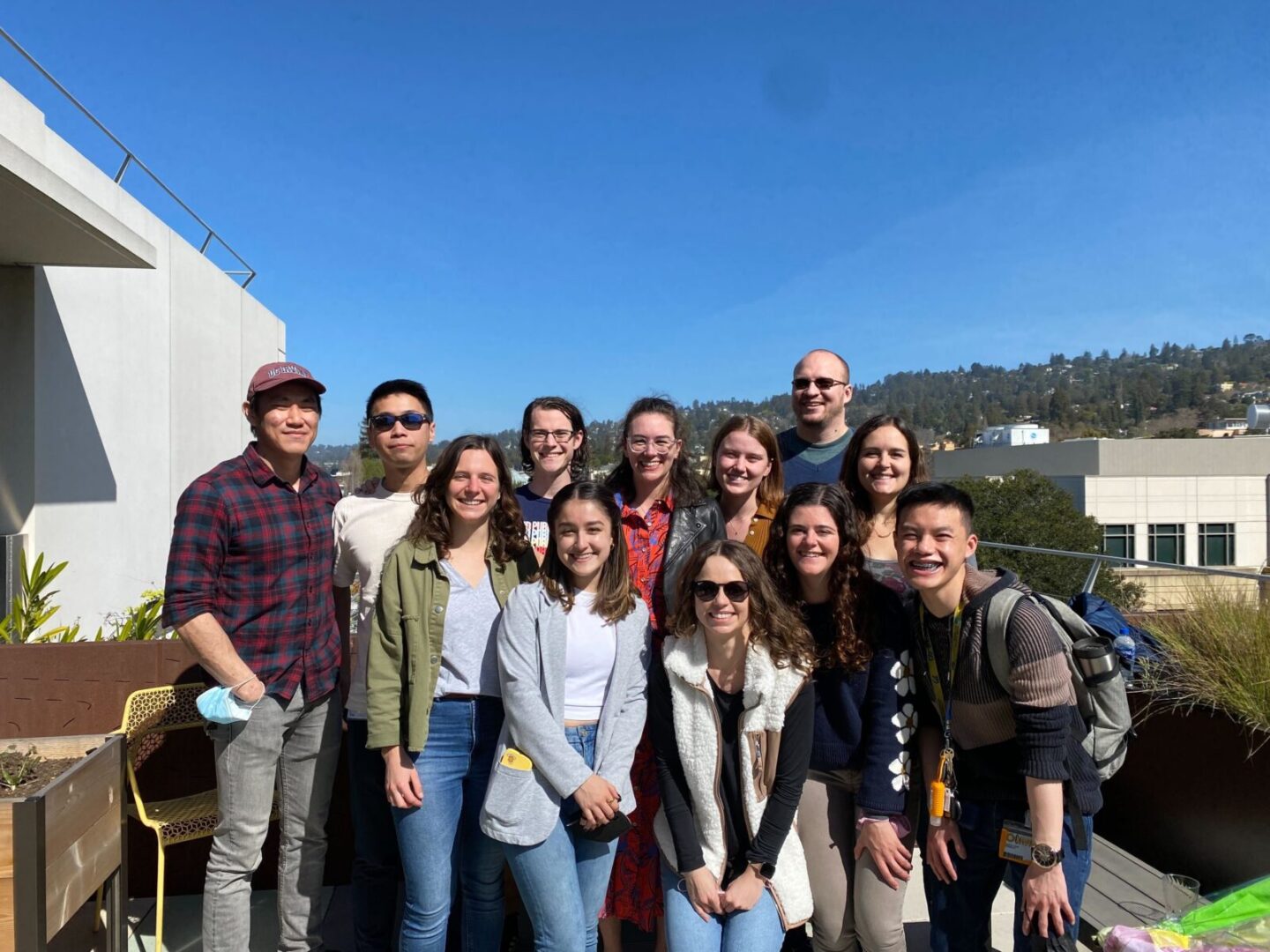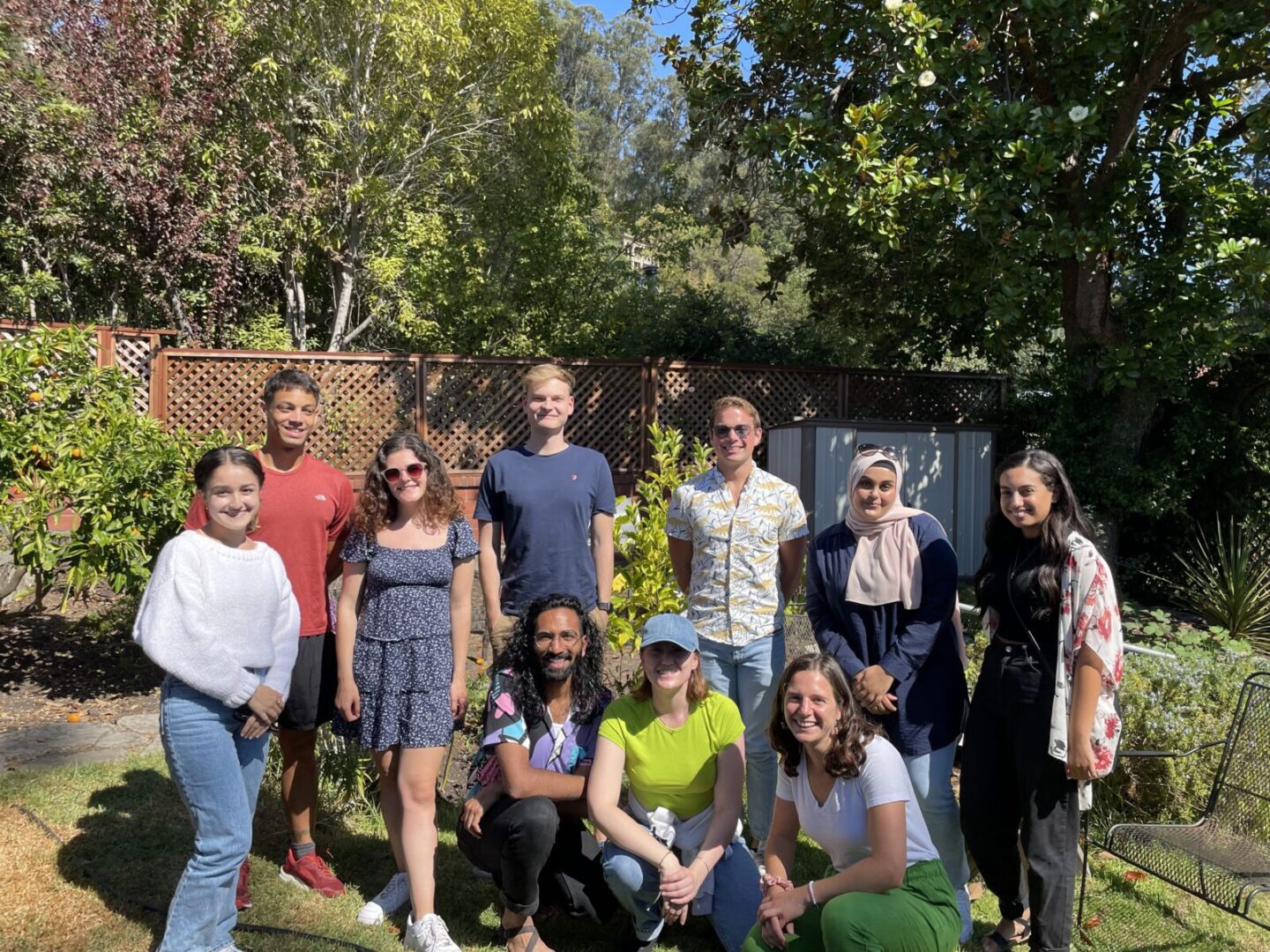The PhD program in Infectious Diseases and Immunity (IDI) is a laboratory based infectious disease research program that spans immunology and microbiology with a public and global health focus. It usually takes about 5.5 years to complete the IDI PhD degree. The Graduate Group in Infectious Diseases and Immunity, administered by the School of Public Health, is an interdepartmental graduate program that is unique in its emphasis on integrated multidisciplinary training. Important areas of inquiry include the biology of host-pathogen interactions, molecular and cellular aspects of pathogenesis, the ecology and evolution of disease agents, environmental factors in transmission, intermediate hosts and vectors, the biology of surveillance and epidemiological analysis, and vaccine and disease prevention and control. The program follows the admission application process and requirements of the School of Public Health which requires the applicant to complete both the SOPHAS and UC Berkeley Graduate Admission applications.
In addition to the minimal core course requirements (listed below) each student shall take additional courses selected in consultation with the major professor and/or Graduate Advisor and approved by the Group Executive Faculty Committee. The specific courses will not be listed here since this part of the student’s curriculum will be tailored to meet identified professional career goals. In addition, laboratory rotations, two GSI teaching, qualifying examination, research resulting in a dissertation, and enrollment and participation in the IDI Doctoral Seminars are required for completion of the PhD degree.
The minimum requirements include core training in molecular biology, epidemiology, statistics, and research ethics. Specific training in infectious disease is also available related to a student’s major interest for more specialized preparation.
It is expected that students will complete a minimum of 30 units of predominantly graduate-level courses, in addition to 4 units of graduate seminar. During the first three to four semesters of the program, doctoral students complete all or most of the course work required for the degree and rotate through the research laboratories of one to three faculty members, who evaluate the student’s ability to conduct laboratory research. This allows the student to determine what research opportunities are available to them, to learn new research methods that will be of value in their subsequent dissertation research, and to decide on a suitable research project for their dissertation.





